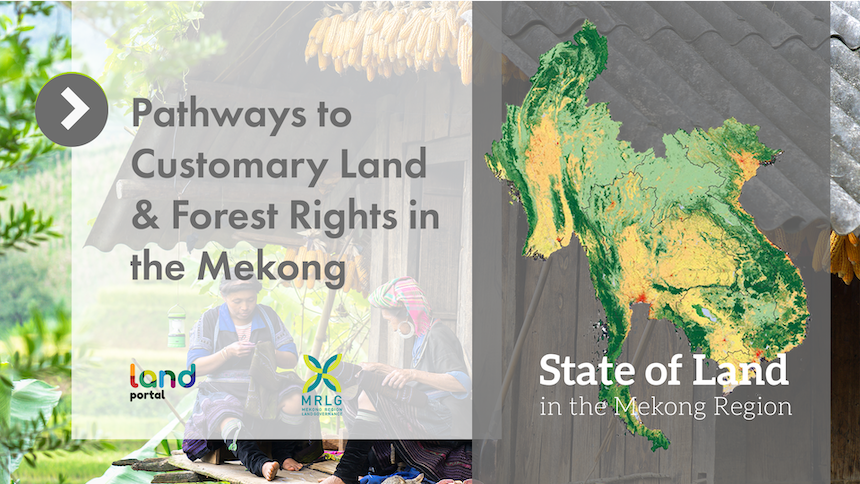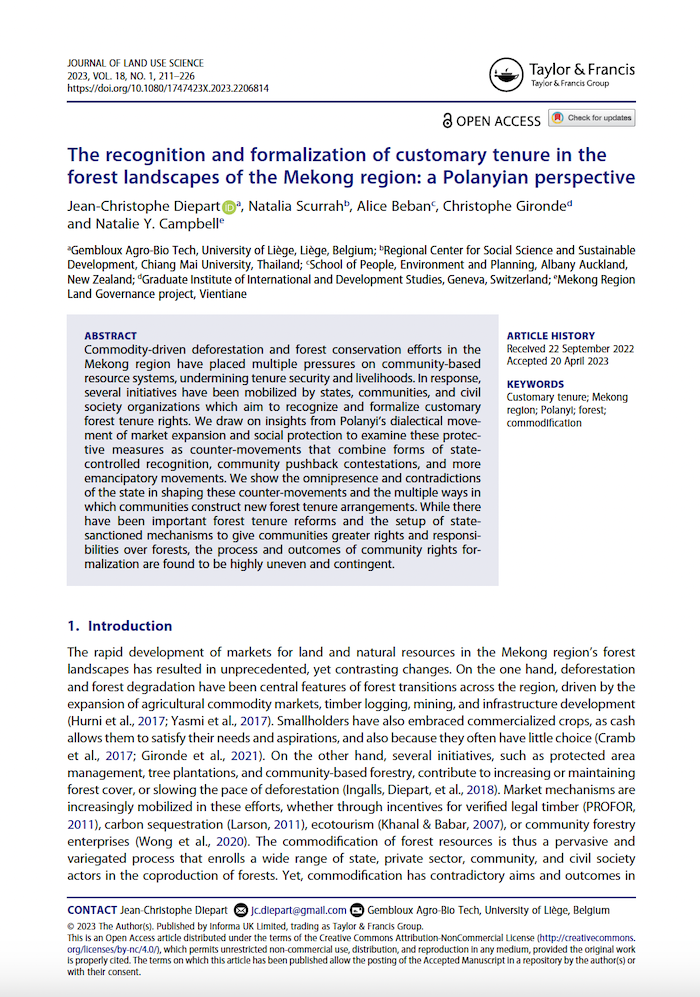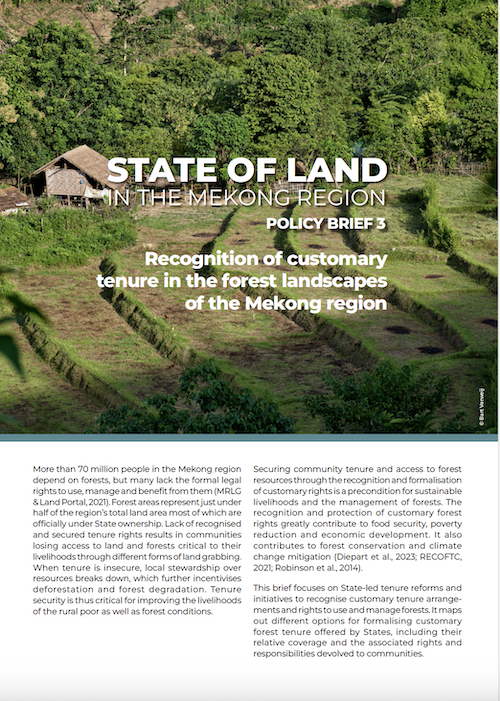The vision of the Land Portal Foundation is to improve land governance to benefit those with the most insecure land rights and the greatest vulnerability to landlessness through information and knowledge sharing.
Project Description
Land governance is at the center of development challenges in Cambodia, Laos, Myanmar and Vietnam. Governments are revising land policies and practices in order to face these challenges. The project aims to (i) assist the emergence of more favorable policies and practices for securing the rights and access of family farmers to land and natural resources; and (ii) to strengthen the effectiveness of concerned stakeholders through learning, alliance building and regional cooperation.
2 July 2024
9:00-11:00 CEST | 14:00-16:00 BKK/VTE
Please join us for a thought-provoking webinar on Pathways to Customary Land & Forest Rights in the Mekong on July 2, 2024 from 9:00-11:00 CEST | 14:00-16:00 BKK/VTE.
This webinar will present findings from research conducted by the Mekong Region Land Governance (MRLG) Program and its partners on the recognition and formalization of customary tenure rights across the Mekong region. It will highlight key themes from two important regional publications: "The Recognition and Formalization of Customary Tenure in the Forest Landscapes of the Mekong Region: A Polanyian Perspective" and the "State of Land Brief: Recognition of Customary Tenure in Forest Landscapes of the Mekong Region."
The event aims to provide a comprehensive overview of the current state of customary land rights of local communities and Indigenous Peoples in the region, focusing on the complexities of tenure recognition. The webinar will be solutions-oriented and will provide insights into country-specific experiences from Cambodia, Laos, Myanmar and Vietnam. These discussions will serve as a basis for exploring the pathways, challenges, and methodologies that can improve the recognition of customary land and forest rights.
Participants will gain a deeper understanding of the different approaches and the importance of recognizing customary tenure rights, as well as the innovative solutions and best practices that can be scaled up or replicated to improve tenure security for local communities.
The webinar will take place in English, Khmer, Lao, and Vietnamese.
Speakers

Natalie Campbell, Regional Customary Tenure and Gender Advisor (Moderator)

Jean-Christophe Diepart, Researcher & Lecturer, Agrarian studies in the Mekong region

Stony Siang Awr Cung, Focal Point for Customary Land Tenure Rights and Biodiversity Conservation, Promotion of Indigenous Peoples and Nature Together (POINT), Myanmar
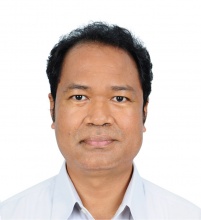
Il Oeur, Executive Director, Analyzing Development Issues Centre, Cambodia
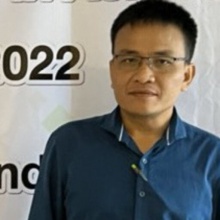
Dr. Van Hong Ngo, Director, CEGORN, Vietnam

Hongthong Sirivath, Land and Livelihood Program Coordinator, Village Focus International (VFI), Laos
The State of Land in the Mekong Region webinar series is a collaborative effort by the Land Portal Foundation, MRLG, and CDE at the University of Bern that spotlights the evolving landscape of land governance in the Mekong region. This series, set in the final phase of the MRLG program (2023-2025), aims to share insights and address challenges in land governance across four countries. Emphasizing openness and information accessibility, each webinar will explore key trends, issues, and solutions in land governance.
MRLG is a project of the Government of Switzerland, through the Swiss Agency for Development and Cooperation (SDC), with co-financing from the Government of Germany and the Government of Luxembourg.
The policy brief, one of four briefs on the agrarian transition in the Mekong region, explores initiatives and pathways forward to recognise customary tenure arrangements and rights over forest areas in the region. More than 70 million people in the region depend on forest areas but lack formal legal rights to use, manage, and benefit from them. Forest landscapes represent just under half of the region’s total land. Yet, over the past two decades, the region has lost a significant amount of forest due to the expansion of commercial agriculture.

